Intensive Trainings
Oil/Gas/Petrochemicals
Calendar of Events
|
Monday
|
Tuesday
|
Wednesday
|
Thursday
|
Friday
|
Saturday
|
Sunday
|
|---|---|---|---|---|---|---|
|
2 events,
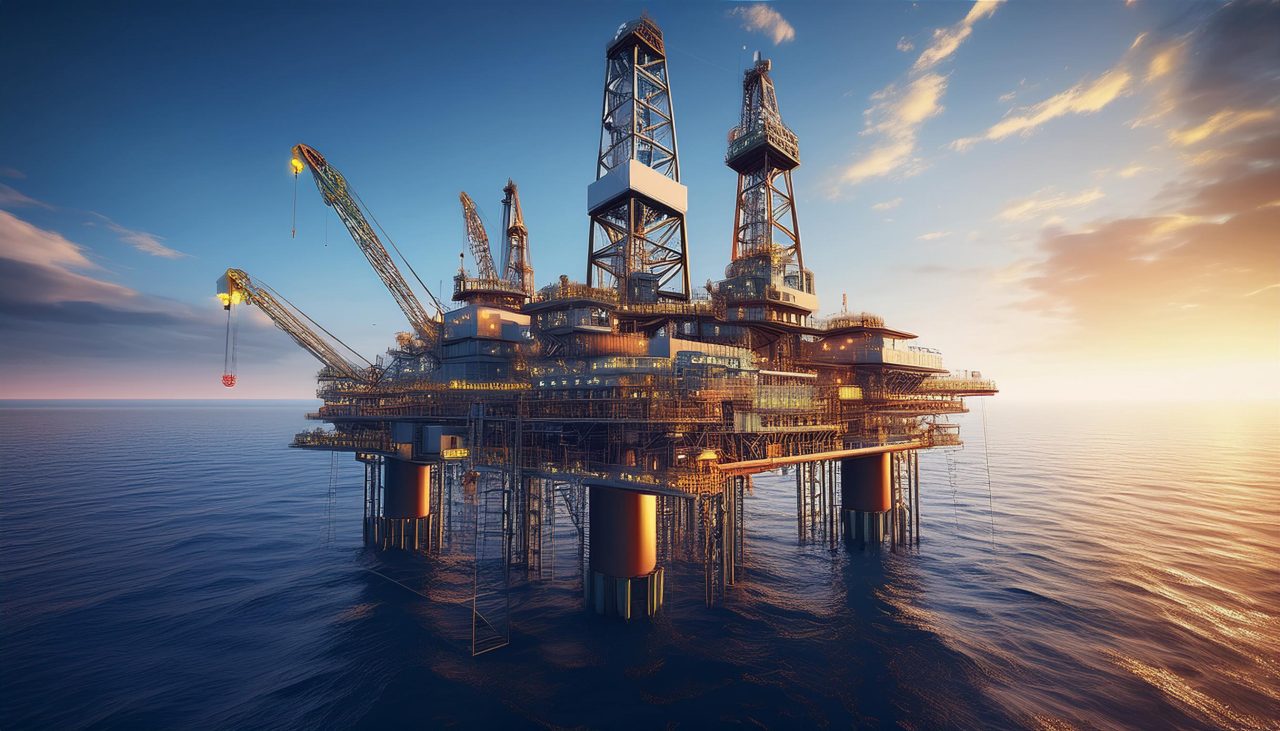
Why Choose this Training Course Extended Reach Drilling (ERD) is a technology for drilling longer horizontal wells at a high inclination angle to reach underground oil/natural gas deposits further away from the drilling spot, instead of drilling wells vertically. In exploration and development of oil and natural gas, we drill wells to reach subsurface deposits… 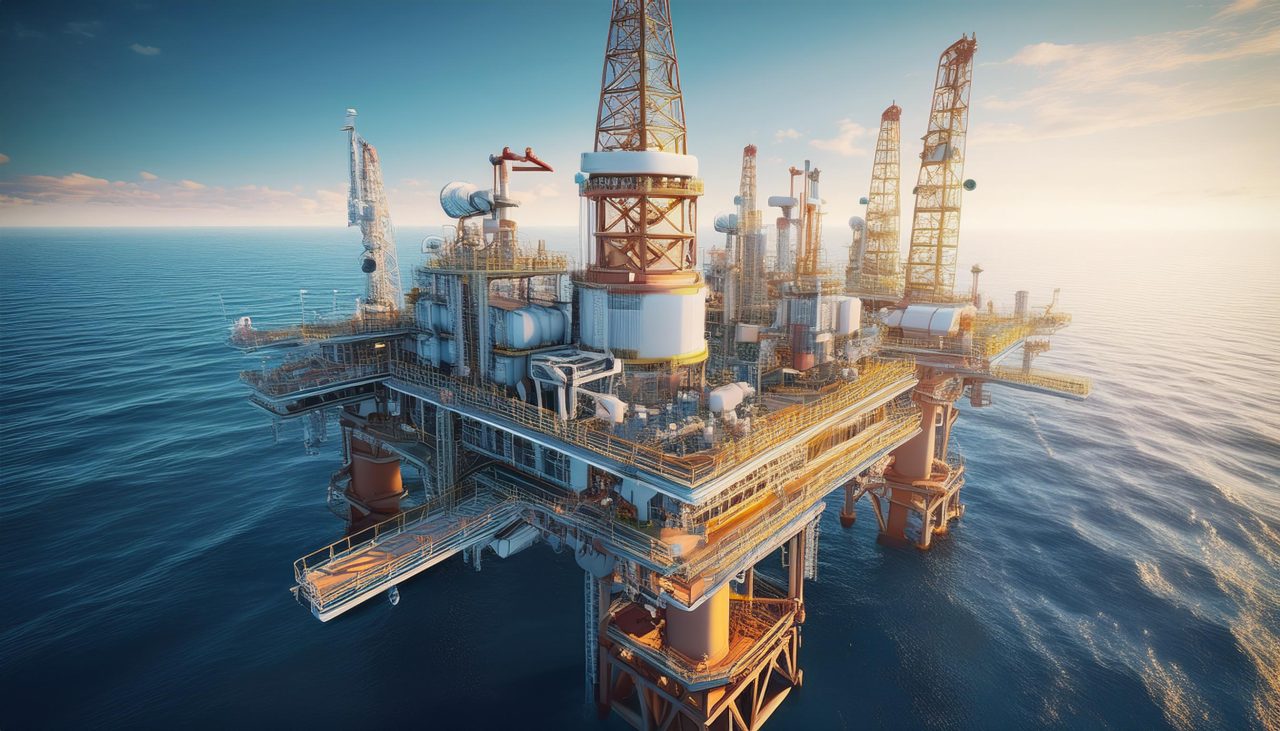
Why Choose this Training Course This gas well training course provides the skills to understand and analyze gas well performance, and to select and design those remedial measures. It addresses all four gas well components i.e. reservoir performance, inflow performance, outflow performance and surface performance, individually and combined. Gas wells are the most uncertain and… |
3 events,

Why Choose this Training Course Contracts are absolutely essential in the petroleum industry, and poor contract negotiations can result in many unnecessary and costly problems. When engaged in contract negotiations of all types and value, your skill as a contract negotiator may not only prevent losses and increase gains for you and your organization, but… |
0 events,
|
0 events,
|
|||
|
5 events,

Why Choose this Training Course The first, second and fifth days of this deepwater Africa training course are set at a moderate scientific level suitable for young geologists working on these regions. The third and fourth days are targeted at more advanced staff working on the specific countries listed. The aim is to deliver the… 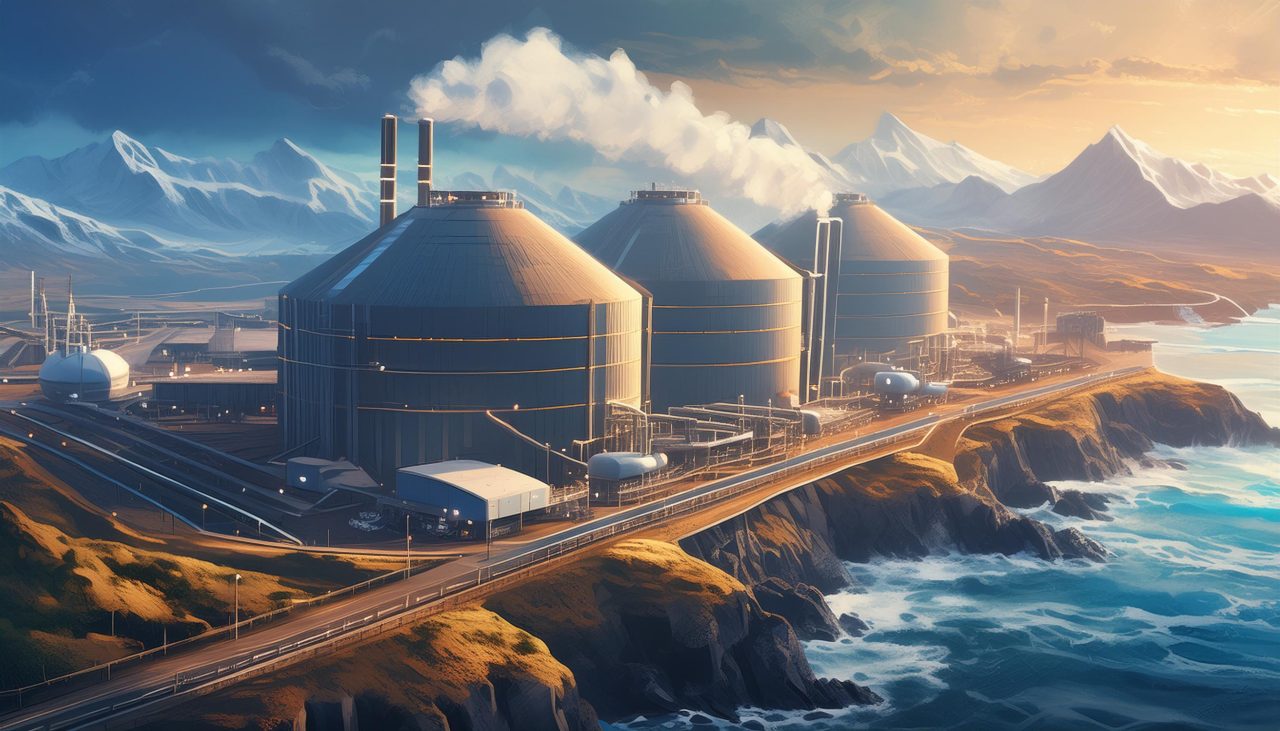
Why Choose this Training Course Carbon Capture and Storage (CCS) is a key means of mitigating climate change and is the only option currently available to decarbonize industries such as cement, steel, petrochemicals and LNG. As opportunities in oil and gas decline, they are growing in CCS. Human activities now generate about 35Gt of CO2… 
Why Choose this Training Course Sequence Stratigraphy is a method developed to support geoscientists in the geologic interpretation of subsurface data. The method can be applied to 2D and 3D seismic in all depositional environments. This seismic sequence stratigraphy training will review the basic terminology and definitions of surfaces, systems tracts, sequence sets, and stratigraphic… 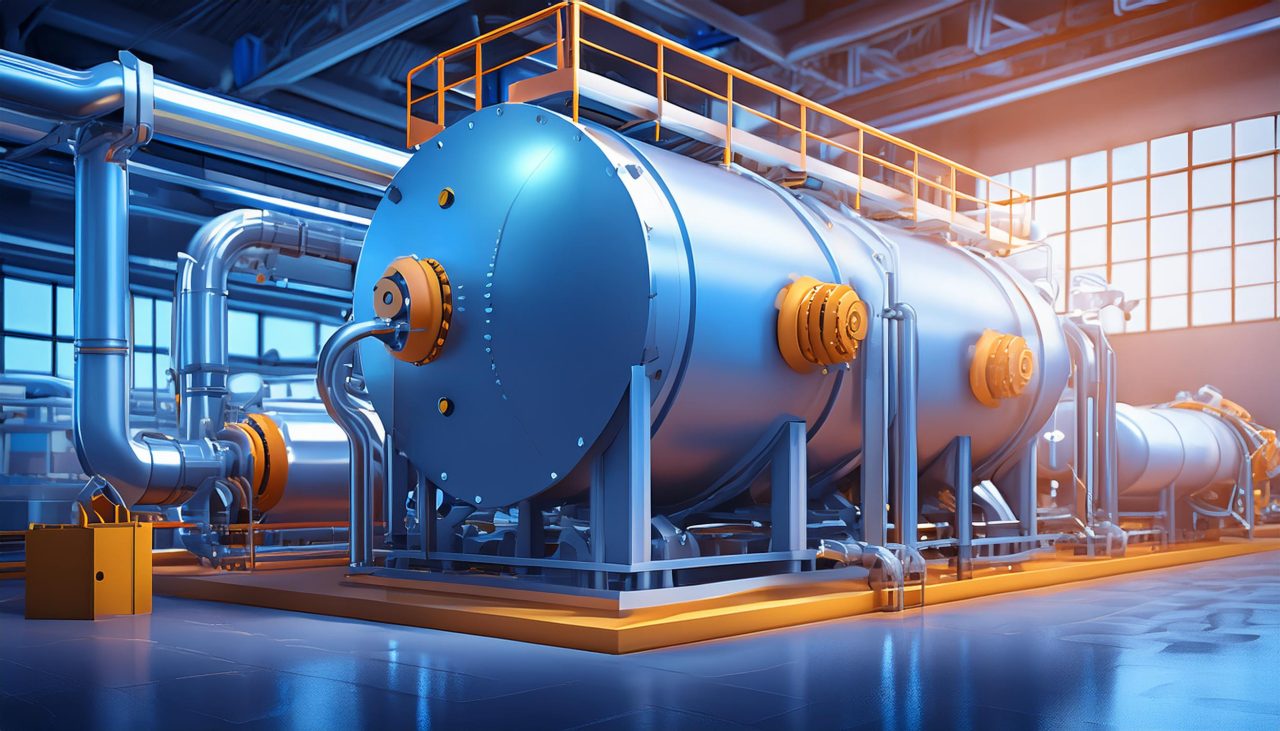
Why Choose this Training Course This API 510 training course is designed to prepare participants to take the API 510 - Pressure vessel inspector certification examination conducted by American petroleum institute. The course modules cover the current body of knowledge for the 2024 examination and meets the effectivity sheets for the May 2024 examination. This… 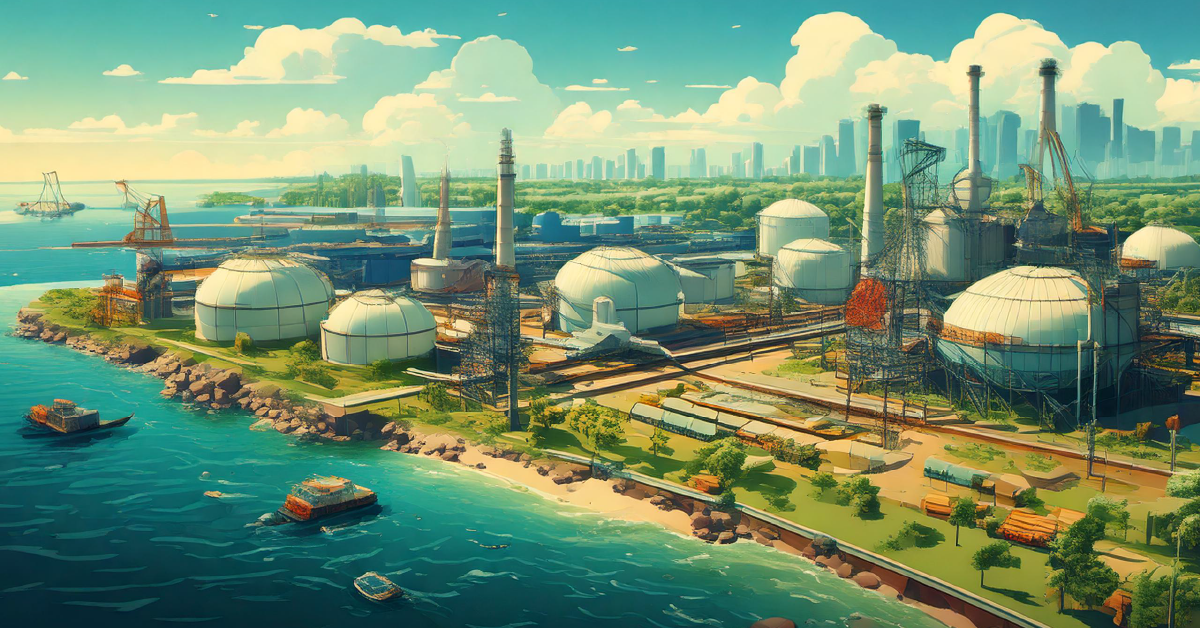
Why Choose this Training Course This CCS feasibility studies training course provides participants with the necessary skills and knowledge to conduct feasibility studies for the development of Carbon Capture and Storage (CCS) facilities. Through practical case studies, technical analysis, and regulatory considerations, participants will learn how to assess the viability of their sites for CCS… |
5 events,
|
6 events,
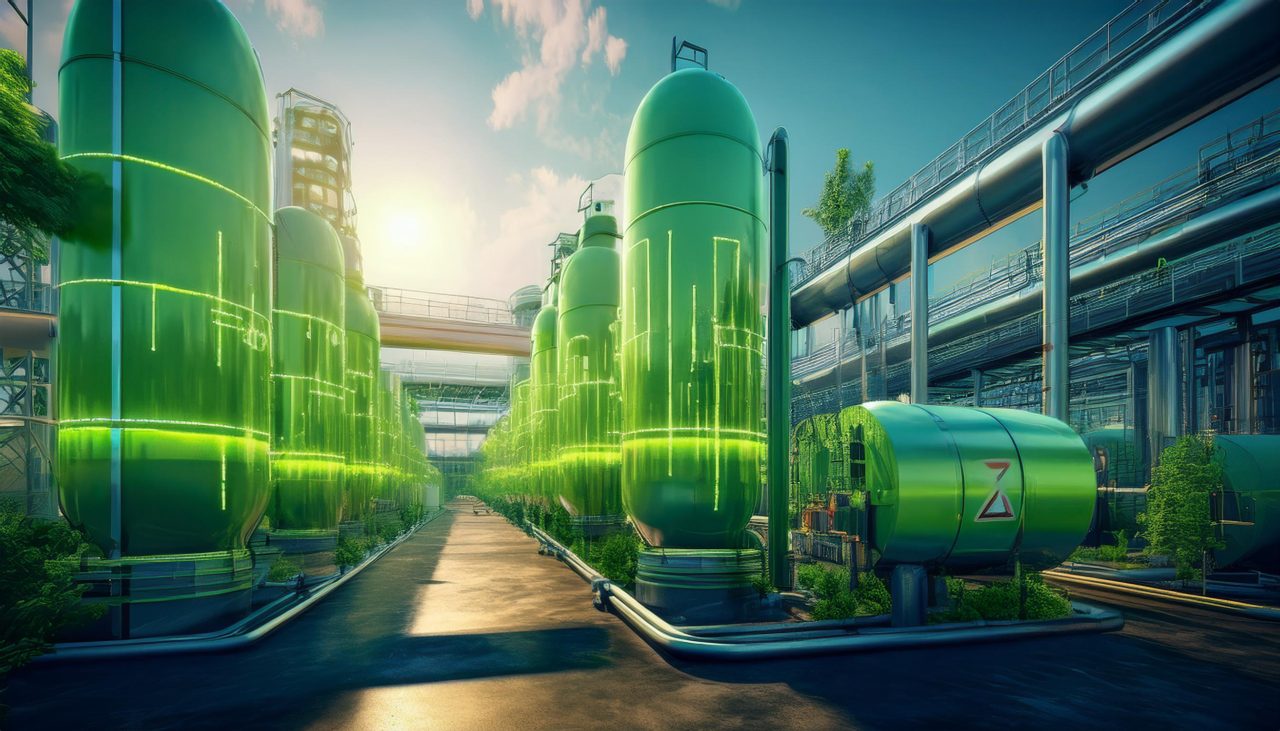
Why Choose this Training Course This green hydrogen training course is designed for individuals seeking a time-efficient, comprehensive, and impartial understanding of clean hydrogen production from renewable sources (known as 'green' hydrogen). By the end of the green hydrogen training course, you will gain a clear, business-oriented insight into the current state of electrolysis technology… |
0 events,
|
0 events,
|
||
|
0 events,
|
1 event,

Why Choose this Training Course This is a 4-day bid and tender training course. The emphasis of learning is to provide a framework within which an effective and efficient tender process can be designed and implemented, a positive approach that leads not only to the appointment of appropriate suppliers but to ensuring that the ongoing… |
1 event,
|
1 event,
|
0 events,
|
0 events,
|
0 events,
|
|
0 events,
|
1 event,
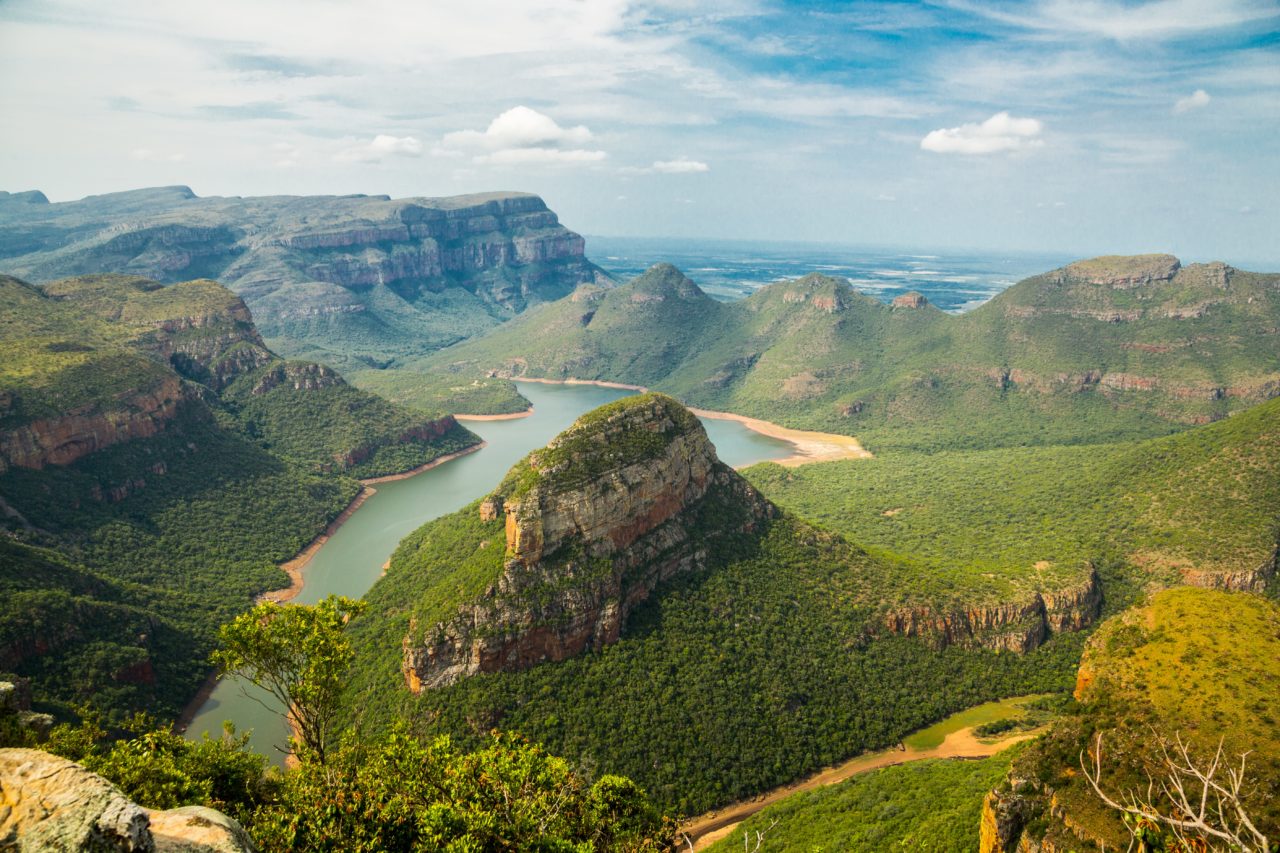
Why Choose this Training Course This is a basic training course that explains petroleum geology in elementary scientific principles. It provides sufficient knowledge of the subject for engineers, economics, geophysicists and other disciplines to interact effectively with geologists. The course is also suitable for young geologists or managers who require a refresher in the subject… |
2 events,
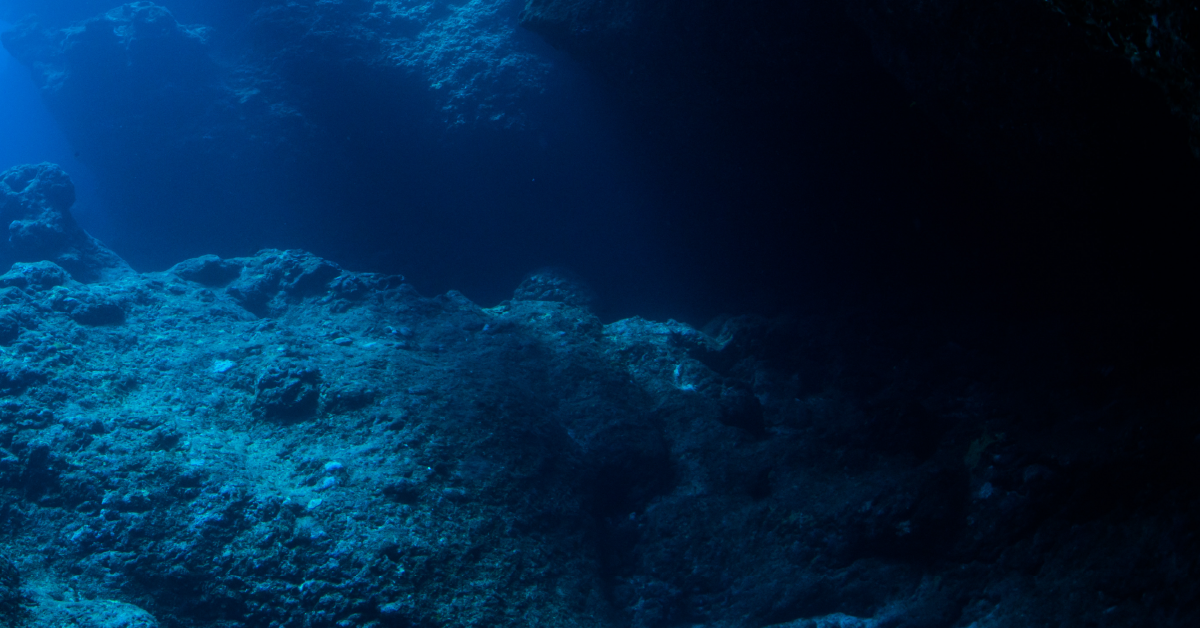
Why Choose this Training Course This is a state-of-the-art deepwater sedimentary systems masterclass from a world leader in deepwater systems – modern, ancient and subsurface. It will use the latest findings and global examples from around the world to help address your exploration and production issues. Where do we find deepwater massive sand reservoirs? What… |
1 event,
|
0 events,
|
||
|
1 event,

Why Choose this Training Course The aims of this training course will be focused on Tertiary carbonate systems and reservoirs of SE Asia and will provide an updated review on the controls of carbonate sedimentation, global changes through the Tertiary and how these affect reservoir types. The sequence stratigraphy of carbonate, and mixed siliciclastic carbonate… |
1 event,
|
1 event,
|
1 event,
|
1 event,
|
0 events,
|
0 events,
|
|
0 events,
|
0 events,
|
0 events,
|
0 events,
|
0 events,
|
0 events,
|
0 events,
|
